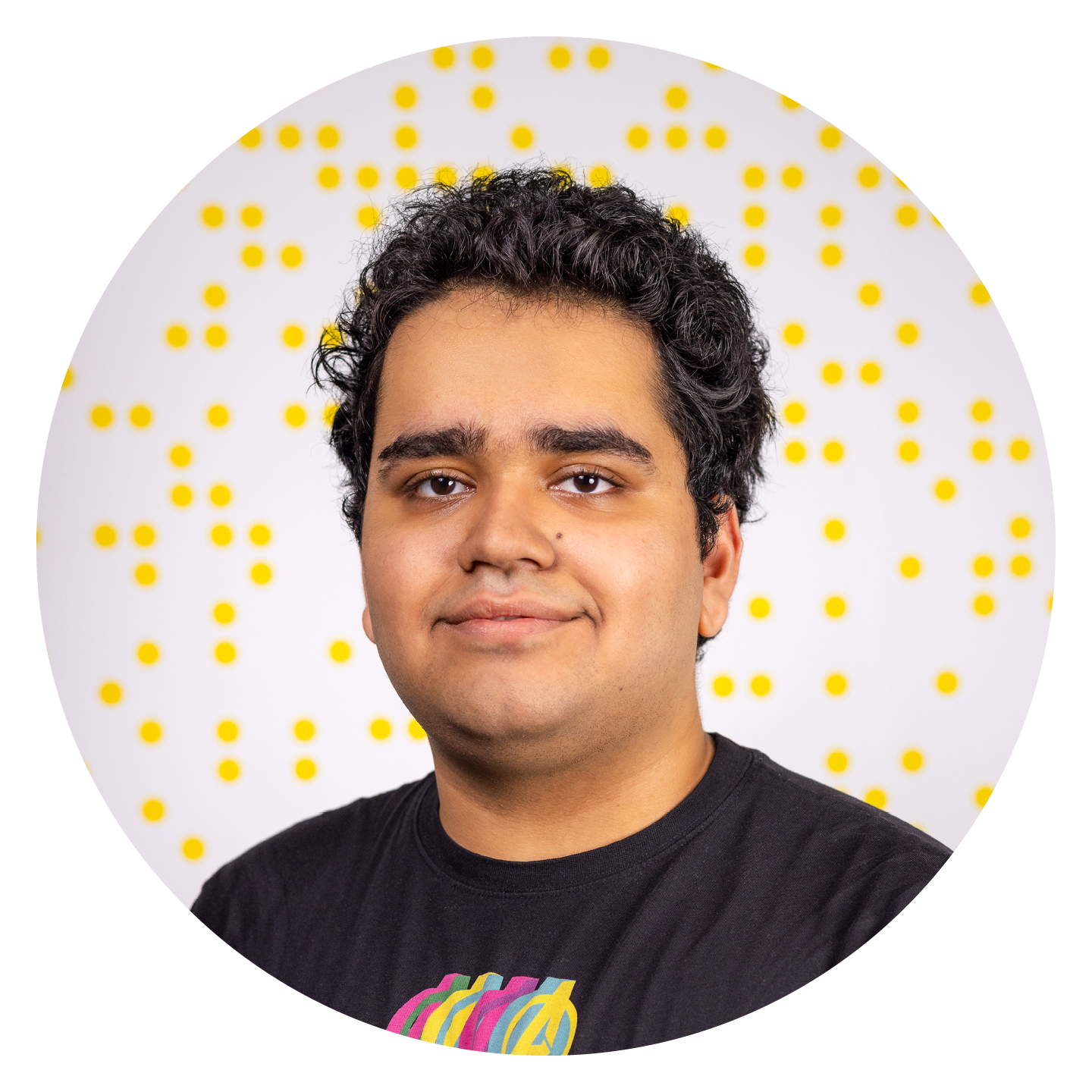As an engineering student, I am always curious to learn new things. I had the perfect opportunity come up in January when I came across the Explorer Program offered by the Innovation, Creativity, Entrepreneurship (ICE) incubator at U of A. Curious, I signed up for the program and started attending its seminars almost immediately.
Attending seminars focused on innovation and entrepreneurship was a completely different experience from what I expected. I met students from different faculties and programs, including kinesiology, computer science and arts, and we all shared a passion for learning new things. Surprisingly, I was one of the few engineering students in this program! It was amazing to hear about different programs and how other students hope to use their newfound knowledge in innovation and entrepreneurship to pursue different paths. The instructors were also very knowledgeable and friendly and worked to make sure that we all felt welcome.
The sessions were really fun and focused on learning through playing games and group presentations rather than a classic note-taking exercise. Through this approach, I was able to better understand the concepts being taught and get the additional motivation to continue attending these classes.
A wide variety of topics were discussed, ranging from market research to law topics like patents and copyrights. My favourite highlight was doing a group presentation on building a new company from scratch; our group went historical and chose to do Boeing due to its immense contribution to advancement in engineering (totally aced the presentation!). A close second highlight would include playing a game where we all made changes to ideas presented by other students, and my idea morphed from being an app that delivers fuel to an app that does carbon emissions tracking.
While these activities seem simple, they emphasize what is central to succeeding as an innovator: teamwork, having an open mindset and a wild imagination. These activities serve as opportunities for creativity and as a platform for problem-solving.
I struggle to work in large group settings and this program was the perfect opportunity to help me get over my hesitation. Working with people from different backgrounds, like business, was a truly new experience. I learned so much from them, and we were able to make our work even better by focusing on the best that every team member had to offer. By listening to others' input, I was able to use new topics in my presentations that I would have never thought of on my own. It made our work much more effective. This shows the importance of having a truly diverse team.
I also had the chance to chat with the instructors. We spoke about the critical role an engineer plays in an organization and how oftentimes we fail to realize that in addition to being problem solvers, we have to be effective working with others. I learned about various case studies where an entire organization failed due to engineers focusing only on the technical aspects rather than aspects like finances and being good team players.
Innovation and creativity act powerfully to transform engineers from problem solvers to leaders capable of meaningful change. The traditional perception of engineering revolves around having really good problem-solving skills and technical mastery of various subjects. While these attributes are essential, in today's rapidly changing world, they are not enough to be successful in our careers. His program allowed me to learn how to properly apply my knowledge about sustainability in engineering within a job by being truly creative with the approach I use to solve problems.
Innovation helps create a culture of improvement. In a time known for almost daily change and market shifts, we as engineers should have the ability to embrace change and stay ahead of the curve.
I've learned that the key to being a good innovator and successful in your career is embracing collaboration with all sorts of people. It's about recognizing that personal growth and innovation thrive when there are all sorts of perspectives and experiences. A program like this helps foster a culture of multidisciplinary collaboration and helps exchange new ideas and knowledge.
I was encouraged to work with other students on real-world problems rather than mundane differential equations. This helped me gain insight into other fields along with supporting me in my coursework as I learned all sorts of techniques on time management. It also gave me a look into how the real world works, where we work with people with completely different skills and experiences.
This program taught me a lot about innovation and creativity and how to apply these concepts in the classroom along with applying them to the real world. It also helped me get over my hesitation about working with large groups of people and made me realize that my work can improve so much by collaborating with others. Lastly, this program helped me realize that it is okay to pursue non-traditional pathways as a career.

